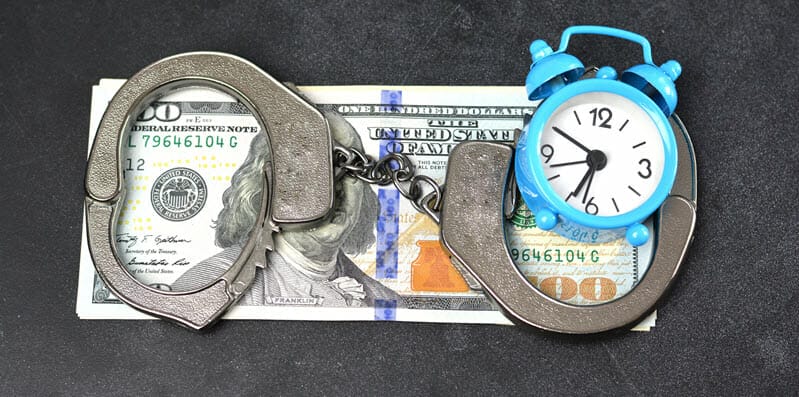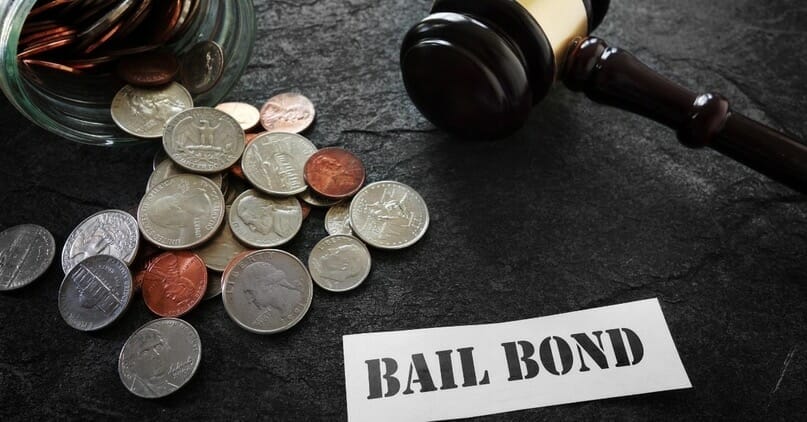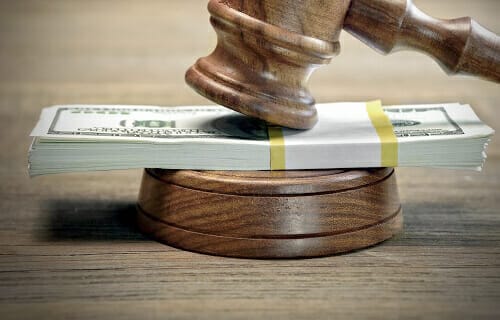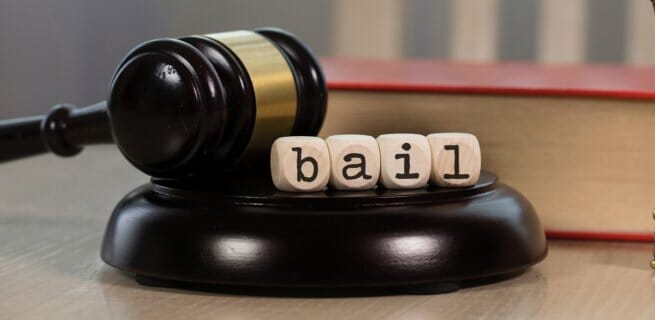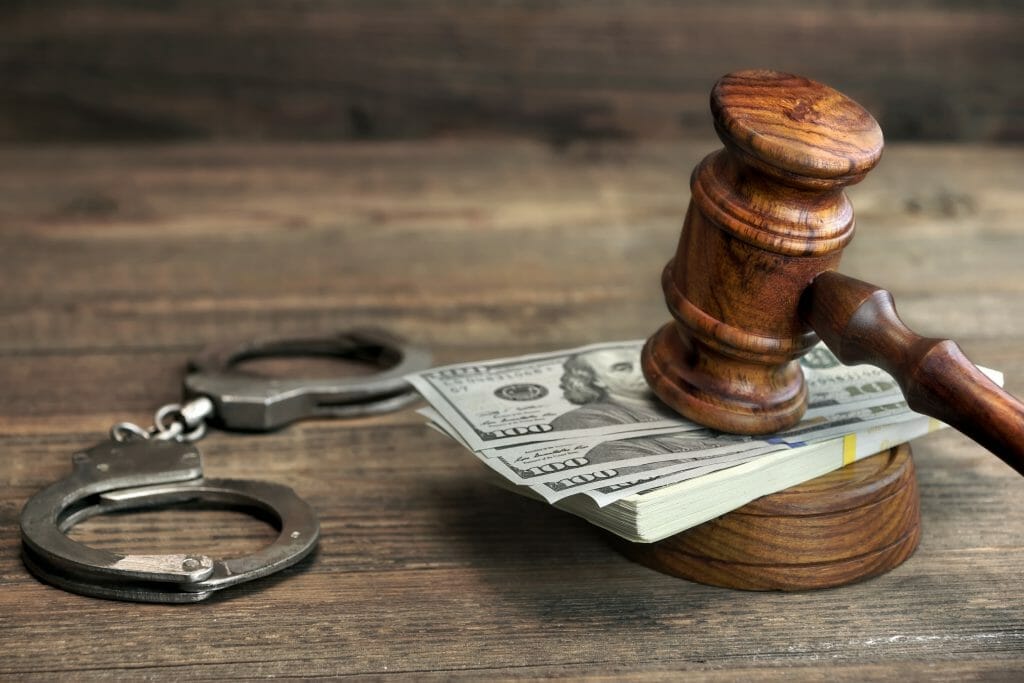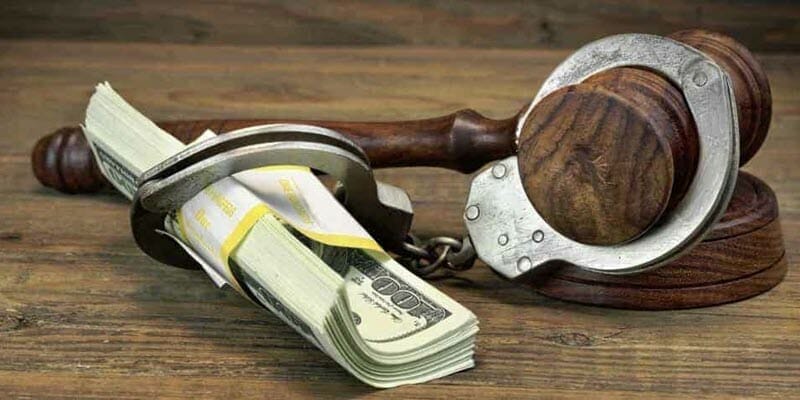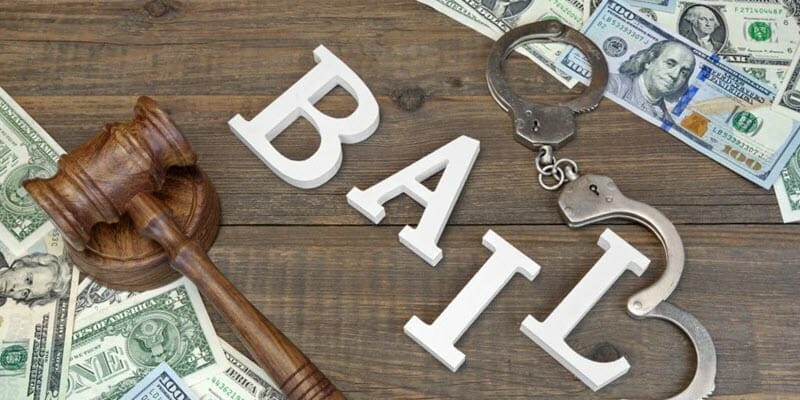
- Felonies
- *
- Misdemeanors
- *
- Drug/Narcotics Violations
- *
- Sex Offenses
- *
- Gun / Weapons Violations
- *
- Robbery
- *
- Burglary
- *
- Assault
- *
- Theft
- *
- White Collar Crimes
- *
- Domestic Assualt
- *
- Property Damage
- *
Can a Person Be Bailed out of Jail Anytime?
When someone gets arrested, their first thought is often bail. How fast can you post bail and get someone out of jail? People often have a lot of questions while awaiting trial.
Some people want to know how amounts are decided or if an arrested person can be bailed out of jail multiple times. We are here to provide you with answers to these questions and more.
One of the most common questions we get is can you bail someone out of jail anytime? Well, the answer to the question can you bail someone out of jail anytime is in most cases bail payment can be made by the defendant or another party within a few hours after arrest, or depending on the charges after a warrant has been issued and the bail amount is set by a judge. This does not mean you are guilty of the charges, only that there is enough probable cause to be charged. However, the defendant can pay bail at any of these times or anytime thereafter.
How Do Courts Set Bails?
Judges are the ones responsible for setting bail. Some jail systems have a set bail schedule for common crimes, so defendants do not have to wait for their hearing before a judge.
Once the judge sets bail amounts, an arrested person can get out of jail quickly as long as they have the cash to pay. But what happens if you cannot afford high bail? Can you get out of jail?
Thankfully, most defendants have the right to request assistance from a surety bond company. The Eighth Amendment to the U.S. Constitution protects your right to fair bail. This has been upheld by the supreme court.
The bail's purpose is not to punish the defendant or raise money for the government. Instead, bail's primary objective is to allow defendants to go free until their first court appearance date.
How Long Do You Have to Wait in Jail Before Being Bailed Out?
The law stipulates your right to a speedy trial. You must either be set free or charged with a crime in a reasonable time.
The Sixth Amendment stipulates defendants must either be released or charged with a crime within 72 hours. Once set, you can call a family member, attorney, or bondsman to help you.
If the arresting officers suspect you are under the influence of drugs or alcohol, you will not get your phone call until you go through testing. Jailers may even make you wait until you sober up, depending on the arrest situation.
When arrested, it is in your best interest to remain respectful and follow the rules. Most officers will be more willing to give you a phone call if you are polite and cooperative.
What Are the Common Conditions of Bail?
There are conditions to every release of a defendant. As a part of setting bail conditions, judges will also stipulate the terms of release. Should a defendant violate a condition, the judge can revoke the bond.
Once the judge revokes the bond, they will order the defendant's arrest, and the defendant will remain in jail while awaiting trial. Some conditions of release include the following.
- No contact with a victim
- Travel restrictions
- No alcohol or drug consumption
- Pre-trial check-ins
- Obey all laws
What Happens if You Are Arrested While Out on Bail?
If you are taken back into custody while out on bail, it is treated as a separate charge. You will have to psot bond for this charge and show up for different court appearances.
Can More Than One Person Help You Get Out of Jail?
One common question people usually ask is, can you bail someone out of jail anytime? You cannot get someone out of jail more than once on a single charge.
Courts will only accept one payment. That being said, your friends and family can pool money together for posting bond.
Can the Judge Deny Bail?
The judge has the power to deny bail under certain circumstances, including the following reasons:
- You have a long history of committing the same crime.
- You are a threat to society.
- You are charged with a violent crime.
- You are a flight risk.
- You do not adhere to court appearances.
- You are disrespectful to the court.
How Can You Increase Your Odds of Being Granted Bail?
Practicing common sense is your best objective once you are taken into custody. Judges will consider several factors, including the charges and your previous record. You can stay on the court's good side by doing the following.
- Show up on time or even early for all your court appearances.
- Dress and act respectfully at all times.
- Do not fail to meet any of your required obligations.
- Act humbly and remain calm.
- Always address judges as “Your Honor” and look into the judge's eyes when speaking.
How Do You Post Bail?
The courts will allow you to post in the following ways.
- Cash or cashier's check
- Property that is worth the full amount
- Bail bond
Some courts will take personal checks and credit card payments. It is up to the discretion of the courts on what payments they accept.
Is It Possible to Get Someone Out of Jail for Free?
Sometimes a judge thinks a person is trustworthy and will release a defendant on their own recognizance. Defendants released on their own recognizance (OR) must agree that they will show up for all court appearances. The following factors may encourage judges to release a defendant on OR.
- The defendant has close family members living in the community.
- The defendant is employed in the community.
- The defendant does not have an extensive criminal history, and the current criminal charges are non-violent.
- The defendant has been a resident of the community for many years.
- The defendant has always shown up for court appearances in the past and is not a flight risk.
What Is a Bondsman?
Once your bail is set, you may have the right to hire a bondsman if you cannot afford to pay the amount in cash. So, what is a bondsman?
A bondsman is a professional who provides bonds to people charged with a crime who do not have the money to pay their bond.
Types of Bail Bonds
Bail bonds are considered surety bonds and are provided by bondsmen. There are two types of bonds.
- Criminal bonds are used in criminal cases and guarantee payment for any fees or penalties. Criminal bail bonds also guarantee the defendant will show up for all court appearances.
- Civil bonds are used in civil cases and guarantee the payment of fees or penalties. Like criminal bail bonds, civil bonds also guarantee the defendant will show up for all trial dates.
How Does a Bail Bond Work?
Once the judge sets bail, you have options. You can hire a bondsman if you cannot pay the amount in cash. You will pay the bondsman a certain percentage of your bail amount, which is determined at the state level.
If you fail to show up for court, the bail money is forfeited, and the court will require full payment for the bail. The bondsman will use your collateral to pay the court.
Should you show up for all court dates, the bail bond gets dissolved by the court. The bond collateral is returned to the person who put it up for the surety bond. The percentage paid to the bondsman is non-refundable and is payment for services rendered.
Contact Us Today for Help
We understand that transversing the legal system alone is confusing and frightening, and you may be wondering, can you bail someone out of jail anytime?
If you or a loved one have been charged with a crime and you cannot afford bail, we are here to help. Contact us today for more information and a free evaluation. We are here to answer your questions about paying bail.


